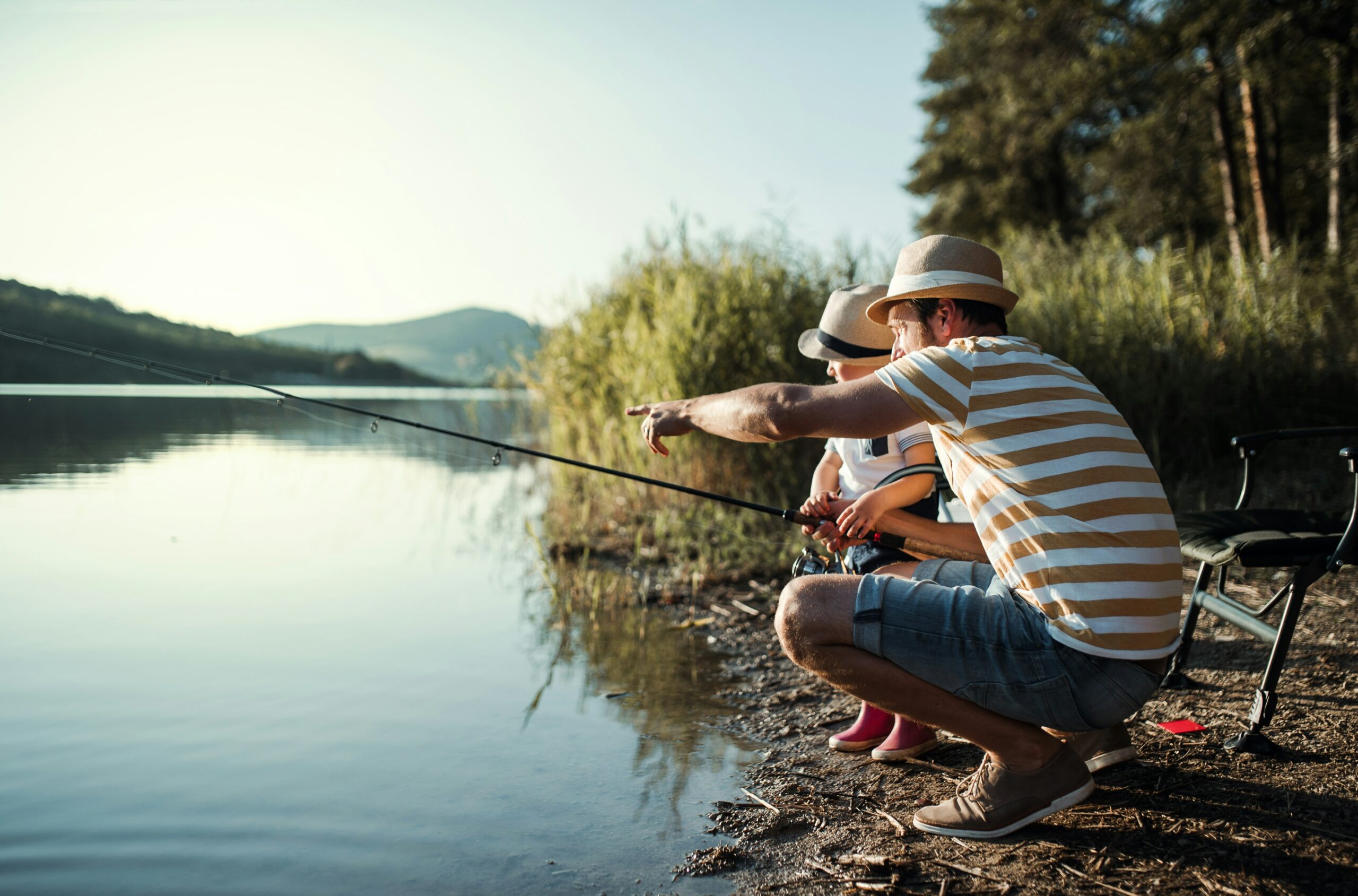
Fishing has been a cherished pastime for centuries, offering both relaxation and adventure. While some people fish for food, many others enjoy it as a recreational activity that brings peace of mind and a connection with nature. The timeless appeal of fishing lies in its ability to blend patience, skill, and excitement into a single outdoor experience.
Today, recreational fishing has grown beyond a simple hobby. From freshwater lakes to deep-sea excursions, anglers explore diverse environments that bring new challenges and rewards. This variety ensures that fishing remains an engaging pursuit for beginners and experts alike.
The Mental Health Benefits of Fishing
One of the most overlooked aspects of fishing is its impact on mental well-being. Spending time by the water offers stress relief and promotes mindfulness. The rhythm of casting a line, waiting for a bite, and appreciating natural surroundings creates a calming effect similar to meditation.
Scientific studies suggest that activities like fishing reduce anxiety and improve mood. Whether it’s the gentle sound of waves or the anticipation of catching a fish, this activity allows individuals to disconnect from daily pressures and focus on the present moment.
Physical Fitness and Outdoor Adventure
Fishing is more than just sitting by the water with a pole. Many forms of fishing require physical effort, such as casting, reeling, or wading through streams. Deep-sea fishing, in particular, demands stamina as anglers battle powerful ocean species.
Even lighter activities, like hiking to remote fishing spots or rowing a boat, provide exercise while immersing participants in the outdoors. This combination of fitness and fun makes fishing an excellent way to stay active while enjoying the natural beauty.
Exploring Different Types of Fishing
Recreational fishing comes in many forms, each with its own techniques and equipment. Freshwater fishing often involves lakes and rivers, targeting species like bass, trout, or catfish. Anglers typically use lightweight gear and smaller lures for this environment.
Saltwater fishing, on the other hand, opens the door to larger and more powerful species. From pier fishing to deep-sea offshore expeditions, saltwater adventures present thrilling challenges. Fly fishing is another unique approach, where specialized rods and artificial flies are used to mimic insects and attract fish in streams and rivers.
Essential Gear for a Successful Trip
Proper equipment is key to a rewarding fishing experience. At the most basic level, anglers need a rod, reel, fishing line, and hooks. However, success often depends on choosing the right bait or lures, tailored to the target species.
Other essentials include tackle boxes, nets, and safety gear such as life jackets. For more advanced anglers, technology like fish finders can enhance results. Preparing with the right tools ensures not only higher chances of catching fish but also a safer and more enjoyable outing.
Fishing as a Family Activity
Fishing is a perfect way to bring families together. Parents and children can bond over learning how to cast, bait a hook, or reel in a catch. Unlike many fast-paced activities, fishing encourages patience and communication, fostering stronger connections between generations.
Many families turn fishing trips into traditions, returning year after year to the same lakes or coastal spots. These shared experiences often create lasting memories and instill a love for the outdoors in younger generations.
Conservation and Responsible Fishing
With the growing popularity of recreational fishing comes the responsibility to protect aquatic ecosystems. Conservation practices such as catch-and-release, respecting size limits, and avoiding overfishing help preserve fish populations for future generations.
Organizations and local governments often provide guidelines to ensure sustainable practices. By following these rules, anglers contribute to maintaining healthy ecosystems while still enjoying the thrill of reeling in a catch. Responsible fishing ensures that this pastime remains sustainable and enjoyable for years to come.
Fishing Tourism and Travel Opportunities
Fishing has also become a driver of tourism worldwide. Coastal towns, lakeside resorts, and charter companies attract visitors seeking fishing adventures in new destinations. Popular spots like Alaska, the Florida Keys, and the Great Lakes offer unique opportunities for both amateur and seasoned anglers.
Traveling for fishing not only supports local economies but also broadens the horizons of participants. Experiencing new environments, species, and cultures adds depth to the fishing journey, making it more than just a hobby—it becomes an exploration.
Overcoming Challenges in Fishing
Like any outdoor activity, fishing presents its own challenges. Weather conditions, seasonal changes, and unpredictable fish behavior can impact success. For beginners, mastering techniques and understanding gear can feel overwhelming.
However, these challenges are also part of what makes fishing a rewarding experience. Each trip offers new lessons, encouraging persistence and adaptability. With patience and practice, even setbacks become part of the overall adventure, helping to build resilience in anglers of all levels.
The Future of Recreational Fishing
As technology advances, fishing continues to evolve while maintaining its traditional roots. Innovations such as eco-friendly gear, smart fishing apps, and portable sonar devices are enhancing the fishing experience. At the same time, conservation efforts continue to protect natural habitats, ensuring that future generations can enjoy fishing.
The growing emphasis on sustainable practices means that recreational fishing will continue to be both a beloved hobby and a responsible way to connect with nature. With a balance between tradition and innovation, the future of fisheries looks bright and promising.
Casting Toward New Horizons
Recreational fishing is far more than just catching fish—it’s about connecting with nature, building relationships, and experiencing personal growth. From its mental health benefits to its role in conservation and tourism, fishing continues to enrich lives worldwide.
As anglers cast their lines into lakes, rivers, or oceans, they are not only pursuing a catch but also embracing an age-old tradition with modern relevance. Fishing remains a powerful reminder of the balance between patience, adventure, and respect for the natural world.